|
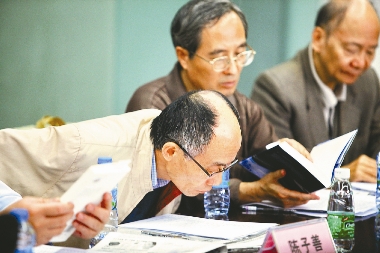
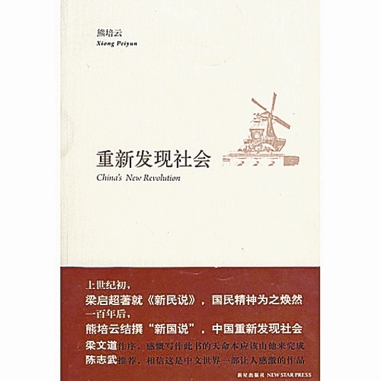
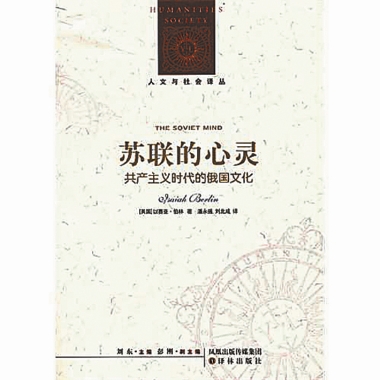
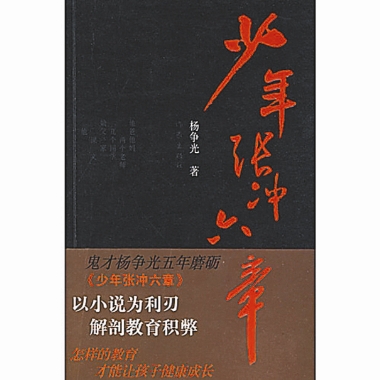
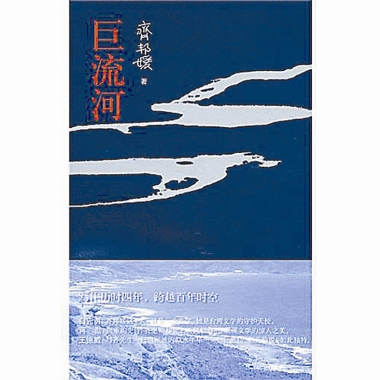
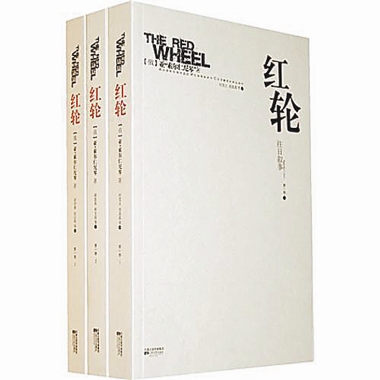
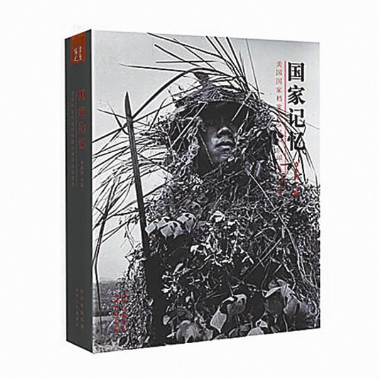
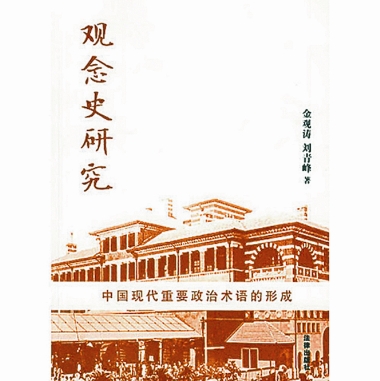
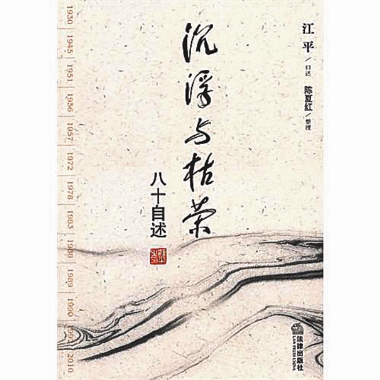
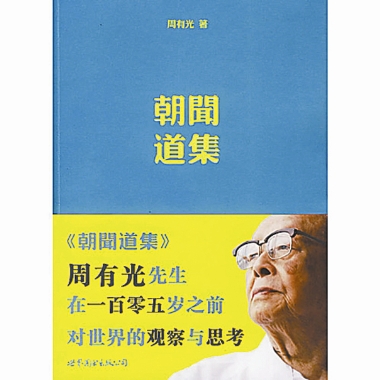
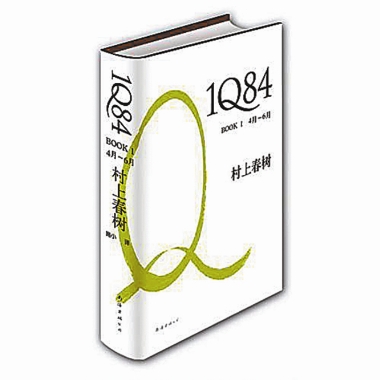
A JURY of 32 Chinese editors and scholars selected 10 best books of the year on Sunday morning, announcing the long-awaited list as a highlight of the Shenzhen Reading Month.
Works by popular writer Han Han and established poet Bei Dao didn’t make the list, a surprise to many.
“1Q84” by Japanese author Haruki Murakami received approval from both readers and critics.
Two of the winners, “Problem Kid Zhang Chong” and “National Memory: Images of the China-Myanmar-India War in the Collection of National Archives of the United States,” were respectively by Shenzhen novelist Yang Zhengguang and editor Zhang Dongpan.
Han’s new book “1988: I Want to Talk With the World,” while popular among readers, did not win nods from the jury. In fact, none of the 32 scholars cast a vote for it.
Being popular is not a crime, said book reviewer Wang Jinwen. “1Q84” sells well not just because of its author’s fame, but because the book does not let readers down. Murakami, author of “Norwegian Wood,” reveals profound thoughts in his new book.
“The book says ‘what a terrible thing it would be if people’s thoughts were controled,’” Wang said.
Yao Wentan, senior editor with Sina.com, said he had not liked Murakami’s previous work, but this book was completely different. “Perhaps this, with a better translation, is the real Murakami,” he said.
“Juliu River” was another book that won numerous votes. Memoirs are popular right now, said reviewer Yang Xiaozhou. Unlike other books by Taiwanese authors, such as a book about Republic of China diplomat Chen Youren, “Juliu River” has no political bias or overtones. Author Qi Bangyuan has a unique perspective and independent judgement about “Young Marshal” Zhang Xueliang, Yang said.
“When you read ‘Juliu River’ and ‘Ups and Downs: My 80 Years’ together, you will see the contrast. Both authors review their lives and major events they experienced in the 20th century, provoking thoughts about history and our nation,” said Chen Zishan, a contemporary Chinese literature researcher.
Yang Zhao, president of Taiwan magazine The Journalist, is a fan of “Juliu River.” “Ms. Qi, 86 now, insisted on publishing the book in simplified Chinese characters and rewrote a chapter for mainland readers. She earnestly hopes that more readers can access the book,” Yang said.
Two books that failed to make the list — “City Gates Open” by Bei Dao and “My Altay” by Li Juan — sparked hot debate. Nearly half of the jury members voiced their support for the latter. Peng Cheng, director of the features department for the Guangming Daily, insisted that the yearly voting process should help discover and promote new authors.
“Li is the biggest surprise and a rising star this year,” he said. Several other media workers agreed with Peng. “Li has potential. She will have a standing in the literature field in China,” said Zhu Zifen from Wenhui Book Review.
Those against the book, however, insisted that the book was “too personal” and “failed to answer the questions of our era from a unique perspective.”
“City Gates Open” triggered a similar debate. While some on the jury admired the poetic language of Bei Dao’s new book, others thought it as monotonous and dull. “Despite the fame of the author, the book is a running account of his childhood memories,” said Liu Xiaolei, editor of Southern Weekly.
“National Memory: Images of the China-Myanmar-India War in the Collection of National Archives of the United States,” compiled by Shenzhen scholar Zhang Dongpan, was highly praised by the jury. Photos in black and white evoke history in a simple and straighforward way, which accounts for the book’s heart-touching appeal.
“Problem Kid Zhang Chong,” a novel by Shenzhener Yang Zhengguang, won the People’s Literature Award this year. “Yang is among the best contemporary authors in China. His ‘Zhang Chong’ is a responsible piece of work trying to address social problems and getting people thinking about them,” commented Yin Changlong, a Shenzhen cultural bureau official.
As usual, this year’s 10 best books were shortlisted from 100 candidates, chosen by public votes and jury members.
(Li Dan)
(From top left to bottom right)
“Ups and Downs: My 80 Years” by Jiang Ping
“Juliu River” by Qi Bangyuan
“China’s New Revolution” by Xiong Peiyun
“National Memory: Images of the China-Myanmar-India War in the Collection of National Archives of the United States” compiled by Zhang Dongpan
“Problem Kid Zhang Chong” by Yang Zhengguang
“1Q84” by Haruki Murakami
“The Soviet Mind: Russian Culture Under Communism” by Isaiah Berlin
“Essays” by Zhou Youguang
“Ideological Research: Forming of Modern Chinese Political Terms” by Jin Guantao and Liu Qingfeng
“The Red Wheel” by Aleksandr Solzhenitsyn
|

